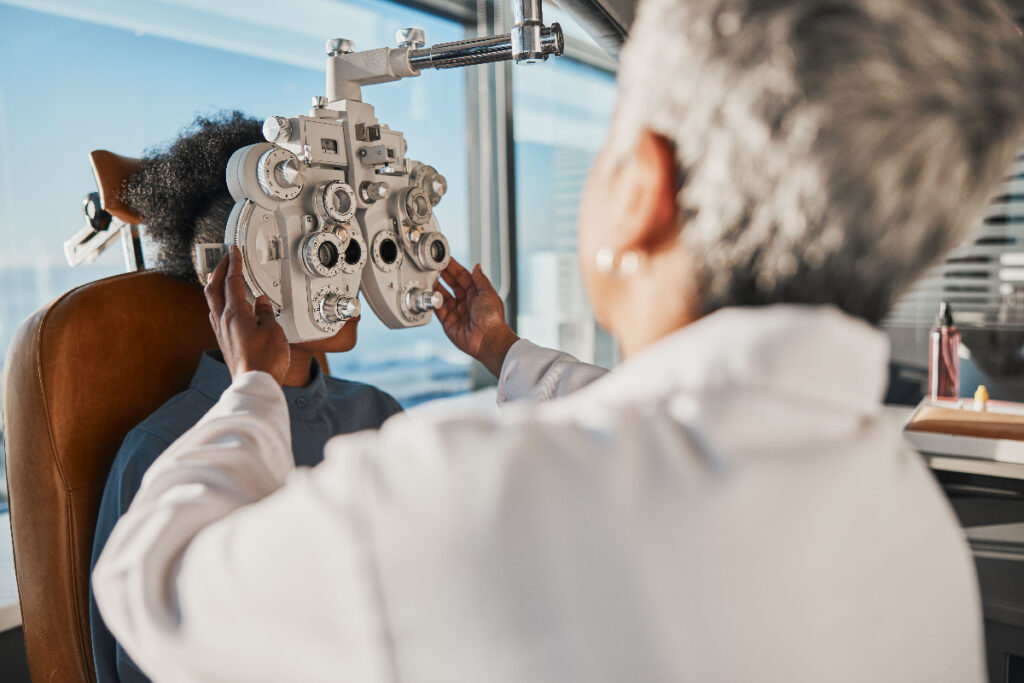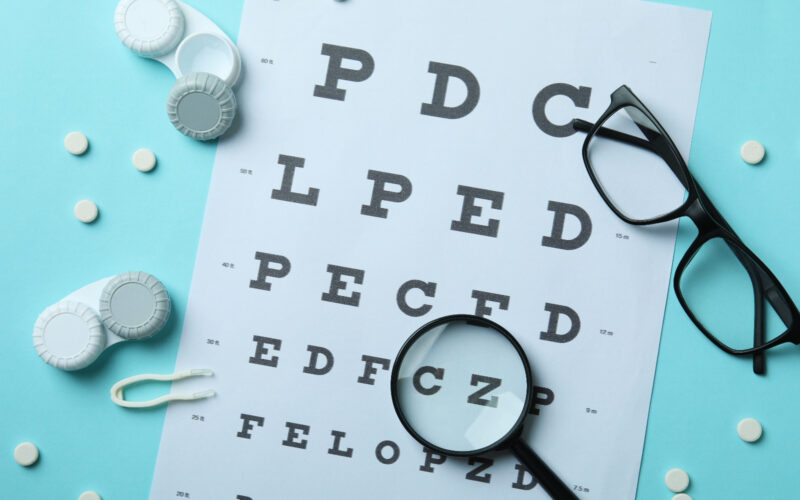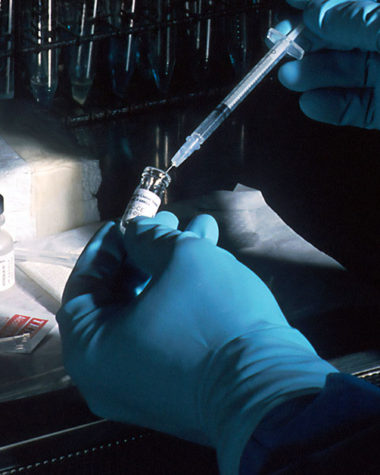The FDA has recently approved two new biosimilars, Yesafili (aflibercept-jbvf) by Biocon Biologics and Opuviz (aflibercept-yszy) by Samsung Bioepis and Biogen, as interchangeable alternatives to the widely used eye treatment Eylea (aflibercept). These biosimilars are designed to treat several serious eye conditions, including neovascular (wet) age-related macular degeneration (wAMD), macular edema following retinal vein occlusion, diabetic macular edema, and diabetic retinopathy.
About Yesafili (aflibercept-jbvf)
Biocon Biologics, a subsidiary of Biocon Limited, developed Yesafili. This marks Biocon’s entry into the ophthalmology market, adding to their extensive portfolio of biosimilars aimed at making high-quality biologic therapies more accessible and affordable. Biocon Biologics is a significant player in the global biosimilars industry, known for its robust pipeline and strategic acquisitions, such as the recent $3 billion acquisition of Viatris’ global biosimilars business.
About Opuviz (aflibercept-yszy)
Opuviz is developed by Samsung Bioepis and marketed in the United States by Biogen. Samsung Bioepis has a strong track record in the biosimilars market, having previously introduced Byooviz, a biosimilar to Lucentis, for various eye diseases. The approval of Opuviz further cements their position in the ophthalmology sector.
Market Impact and Significance
The approval of these biosimilars is expected to increase competition in the market, potentially lowering treatment costs for patients. This is particularly significant given the high cost of biologic treatments. Aflibercept products work by inhibiting vascular endothelial growth factor (VEGF), which prevents abnormal blood vessel growth within the eye, thereby preserving vision.

The Growing Biosimilars Market
The global biosimilars market is poised for substantial growth, driven by increasing demand for affordable biologic therapies and the expiration of patents on many blockbuster biologics. In 2023, the market was valued at approximately $29.51 billion and is projected to grow at a compound annual growth rate (CAGR) of 17.6%, reaching around $108.8 billion by 2031.
This growth is fueled by several factors, including the rising prevalence of chronic diseases, the cost-effectiveness of biosimilars, and significant investments in research and development. The availability of biosimilars like Yesafili and Opuviz is expected to contribute significantly to this market expansion by providing more affordable treatment options and stimulating competition.
What’s Next
The FDA’s approval of Yesafili and Opuviz marks a pivotal moment in the treatment of serious eye conditions, promising greater accessibility and affordability for patients. With the biosimilars market set for rapid growth, these approvals highlight the ongoing efforts to make high-quality healthcare more accessible worldwide.








